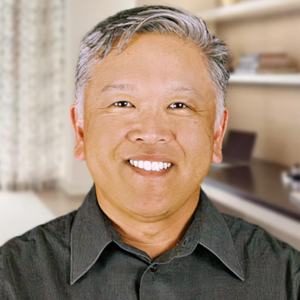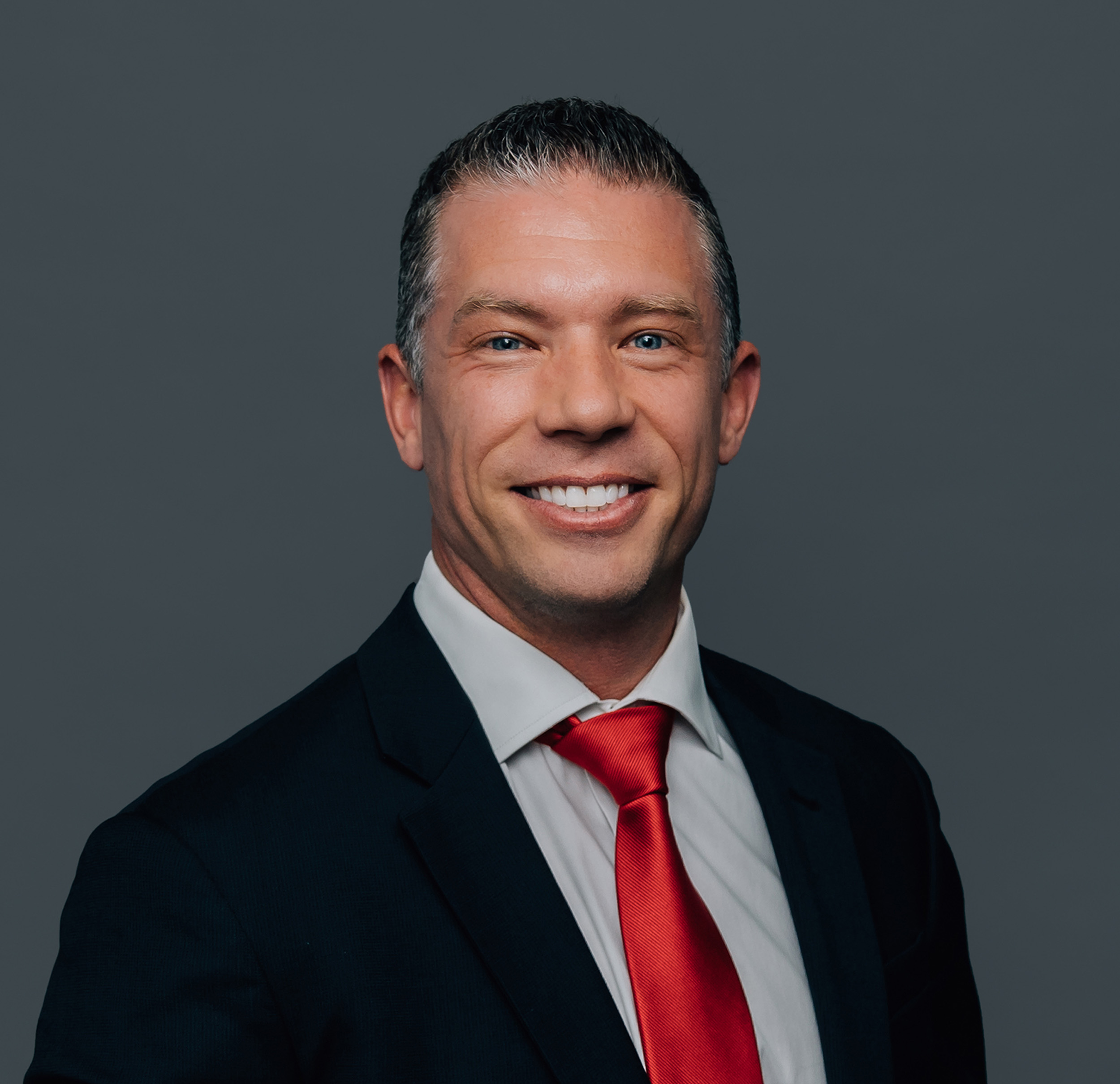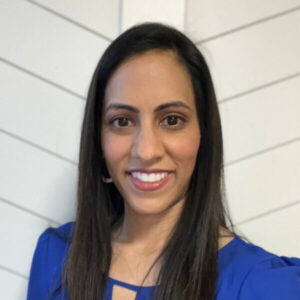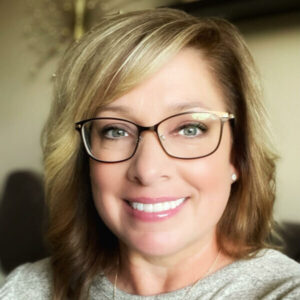The average dental practice owner makes about $150,000 more per year than the average associate. Actually, it’s about $152K, but I’m rounding down for simplicity.
And that’s just the average! Find the right practice and you can push that number to more like $200K, $300K or more. (This is why I have a rule of thumb for the minimum size of practice you should look for.)
Now, even as a money guy (I’m an accountant by training, after all) I’ll be the first to tell you that money isn’t the only reason to become an owner. You’re not only buying an income stream, you’re also buying freedom: control over your career, the power to make your own schedule and decide which procedures you’ll do, and so on.
But you know what? That extra money is pretty sweet. It’s the difference between “doing well” and actually building wealth. So it pays (sorry) to look at those numbers now and again.
Over a 30-year career, that $150,000 annually comes out to about $4.5 million when it’s all added up.
But wait! [Insert infomercial voice here] It gets even better.
You’re not going to make an extra $150K and just stick it in a zero-yield checking account, are you? No way. Your financial advisor would fire you as a client.
No, that money will be invested and put to work for you as your career progresses. Let’s assume a very modest rate of return of just 5%. Over 30 years, thanks to compound interest, that $4.5 million actually comes out to about $11.1 million.
Yeah, your eyes should be watering about now.
And now we get to why I tell people not to put off buying a practice. Those numbers are for a 30-year career as an owner. But if you get into that practice in your twenties and work for 40 years? Now we’re looking at more like $20 million.
Honestly, these are the kinds of numbers that make me wish I’d gone to dental school.
A career associate will not go through life poor. Far from it. That associate, when she retires, can play all the golf she wants. Sounds great! But traveling the world and playing golf? Building a real nest egg for your family? True financial independence? Now that sounds even better.






